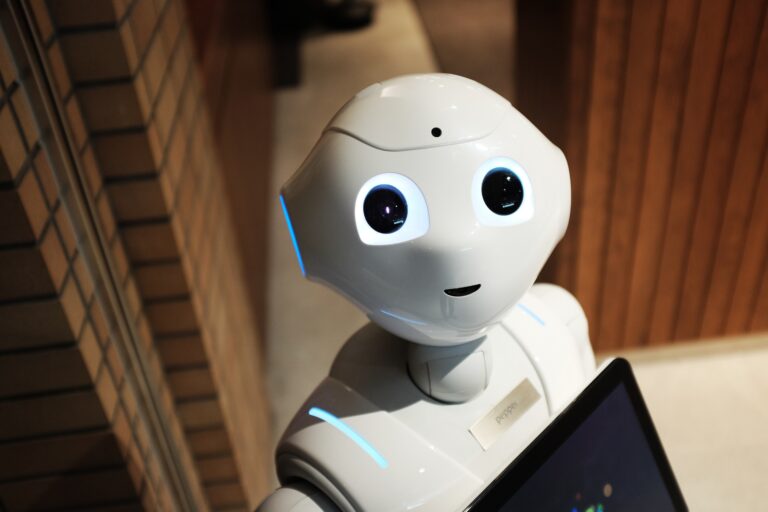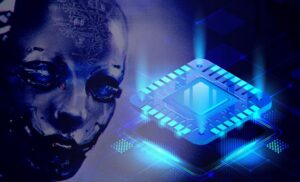Whenever there is a seminar or discussion on the future of technologies, AI and ML are trending topics. Tech professionals say that AI is the future of not only the tech industry and subsequently others. Lifestyles have indeed been modified with the incorporation of technology in healthcare, travel, communication, finance, and education.
Artificial Intelligence – Where it Stands in 2021
As the name indicates, AI is the computer or machine version of human intelligence. This means that it can carry out specific tasks like a human. But the result accuracy can vary because the available AI is not that advanced and matured. It will take some time to train itself.
“Yes, AI can be self-trained, which means that humans just have to design primary algorithms, after which it begins learning by finding patterns in datasets. ”
Today, AI is considered a whole separate industry where businesses are investing. Billions of dollars have been becoming interested in AI startups that are being developed, keeping in view the business landscape. This has provided markets with cutting-edge tools and technologies, enhancing the decision-making process. However, some misconceptions are associated with AI, which is discussed deeper in this blog.
Misconceptions of AI
In this section, we have dissected key misconceptions regarding AI to get a better view of the AI landscape worldwide. Let’s discuss in detail the myths of AI and whether they are really true or just rumours.
1. AI and ML are Same
Weak AI
This AI is designed for only specific tasks, it relies on a set of codes and algorithms that enhance machine intelligence. This is also called “narrow AI”, examples are voice commands.
Strong AI
This is the AI that self learns or thinks on its own, also known as True AI. The system is trained to think like a human brain. The training makes the AI mature enough to produce results similar to a human brain. Strong AI follows the cognitive approach, it focuses on imitating human intelligence and reasoning to solve complicated problems.
Strong AI learns by finding the patterns that help to reveal hidden data. It improves the information for humans while decision-making. If the decision-making of strong AI is better in the present day than the day it was made, it is considered an effective one.
You might think, after this distinction, what then is ML or machine learning? ML is a precise type of AI that allows a software application to become more accurate while giving results and predicting patterns. The data is given to a computing device for self-learning.
Not all forms of AI can be described as ML, when a message is sent using voice commands it doesn’t learn anything instead just waits for a specific command to operate. ML is a bit different because it has the ability to learn from data and predict results. The auto-tagging feature of Facebook is an example of ML. It uses the image recognition technique – recognizes faces in the image and recommends friends to tag.
AI is very complicated, that’s why it is confused with other terms. This also makes it equally important to know the differences while opting for an AI technology.
2. AI is Only for Specific Businesses
Every industry should acknowledge the possible outcome of AI on its operations and examine how it can modify the business process. The impact of AI on speed and effectiveness should be analyzed. AI may not solve business problems immediately but will refine your organizational processing.
Just like businesses move towards automation and digitization, now they should shift to AI. By 2024, 69% of work currently performed by managers will become fully automated through the mass adoption of AI technology.
3. AI Can Do Miracles
The most common myth of AI is that it can completely redesign the planet. The thought may be because of movies or fiction novels. However, the success of AI models relies heavily on the patterns it is being taught. In this sense, AI-based miracles like id verification rely on human expertise.
The most powerful AI built today should be managed carefully. Humans will always be needed for the proper functioning of AI. They have to define the problems and arrange appropriate AI algorithms to avoid issues such as demographic bias. The model should be trained with accurate data and then the validity of the results must be refined by human intelligence.










